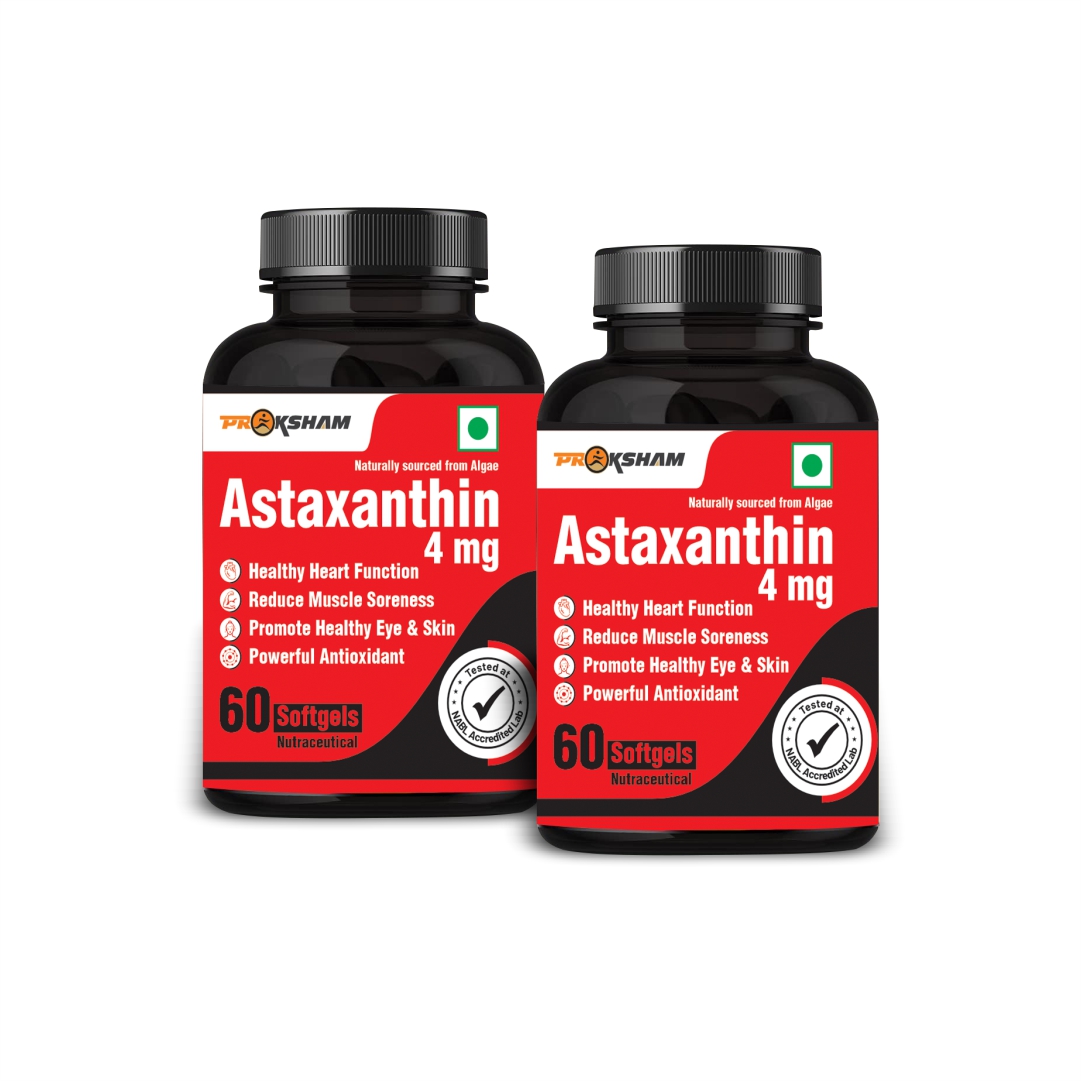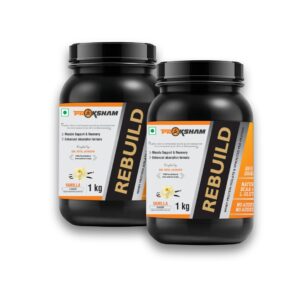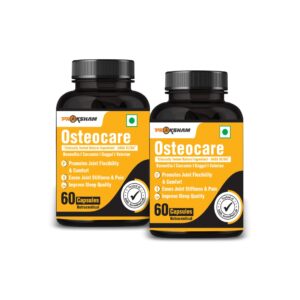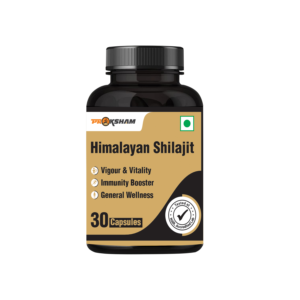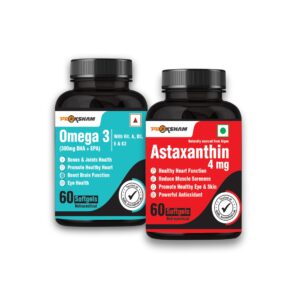PRODUCT OVERVIEW
Benefits
Healthy Heart Function
Astaxanthin supports cardiovascular health by reducing oxidative stress and inflammation, factors often associated with heart disease. By scavenging free radicals, astaxanthin helps maintain optimal heart function and supports overall cardiovascular well-being.
Alleviate Muscle Soreness and Joint Pain
Athletes and fitness enthusiasts can benefit from astaxanthin’s ability to reduce muscle soreness and alleviate joint pain. By modulating inflammation and oxidative stress, astaxanthin promotes faster recovery post-exercise, enabling individuals to maintain peak performance levels.
Promote Healthy Eyes and Skin
Astaxanthin’s potent antioxidant properties contribute to healthy eyes and skin. It protects against age-related macular degeneration, a common eye condition, and promotes skin elasticity and hydration, reducing the appearance of wrinkles and fine lines.
Powerful Antioxidant
As one of nature’s most powerful antioxidants, astaxanthin neutralizes free radicals and protects cells from oxidative damage. Its unique molecular structure allows it to penetrate cell membranes and target oxidative stress at the cellular level, promoting overall health and longevity.
Antiaging
Astaxanthin’s potent antioxidant and anti-inflammatory properties offer a compelling defence against the visible signs of aging. By protecting cells from oxidative damage, astaxanthin may help reduce the appearance of wrinkles and fine lines, while promoting healthy skin elasticity and hydration. Additionally, astaxanthin’s ability to support cognitive function and cellular health throughout the body may contribute to maintaining vitality and overall well-being as we age.
Neurological Degenerative Disorders / Brain Health
Astaxanthin’s antioxidant and anti-inflammatory effects hold promise for neurological health. Studies suggest astaxanthin may help protect brain cells from oxidative damage, which is implicated in the development of neurodegenerative disorders like Alzheimer’s and Parkinson’s disease. Additionally, astaxanthin may support cognitive function, memory, and focus, potentially promoting brain health as we age.
Macular Degeneration / Eye Health
Astaxanthin’s unique properties offer targeted protection for eye health. Due to its ability to accumulate in the retina, astaxanthin acts as a powerful antioxidant shield, defending against oxidative stress that can contribute to age-related macular degeneration (AMD). Research suggests astaxanthin may improve visual function and protect against AMD progression, promoting healthy vision for a longer life.
Ingredients
Astaxanthin 10% (4 mg per Softgel)
40 mg extract from Algae – Haematococcus pluvialis)
Other Ingredients: Extra Virgin Olive Oil, D-Alpha Tocopherol, Modified Corn Starch, Glycerol, Carrageenan, Sodium Carbonate.
Suggested Use
Take 1 softgel capsule daily or under the direction of a physician/healthcare consultant. Not to exceed recommended daily usage.
NOT FOR MEDICINAL USE.
Why Choose Proksham
When considering an astaxanthin supplement, Proksham’s Astaxanthin stands out as a reliable choice. Our supplement is meticulously crafted with a focus on quality and effectiveness. Each softgel contains 4mg of astaxanthin, derived from a 40mg extract of Algae (Haematococcus pluvialis), providing a concentrated and potent dose.
In addition to astaxanthin, our supplement features carefully chosen components that contribute to its overall quality:
Extra Virgin Olive Oil: Known for its heart-healthy monounsaturated fats, extra virgin olive oil is a source of antioxidants. It adds a beneficial fatty acid to the supplement, aiding in the absorption of fat-soluble astaxanthin.
D-Alpha Tocopherol: This is a form of vitamin E, a fat-soluble antioxidant. Vitamin E helps protect cells from oxidative damage, complementing the antioxidant properties of astaxanthin.
FREQUENTLY ASKED QUESTIONS
Why Take an Astaxanthin Supplement
Opting for an astaxanthin supplement offers a convenient and reliable way to ensure adequate intake, often surpassing what can be obtained through regular dietary sources. While astaxanthin is naturally found in certain foods like salmon, shrimp, and microalgae, the concentrations in these sources may be relatively low.
A supplement provides a concentrated and standardized dose of astaxanthin, allowing for a more controlled and consistent intake. This is particularly beneficial for individuals who may have dietary restrictions, preferences, or challenges in consuming the necessary quantities of astaxanthin-rich foods regularly.
Additionally, the precise formulation of astaxanthin supplements, such as Proksham’s Astaxanthin, ensures purity and potency, delivering the antioxidant benefits without the variability that can come with food sources.
Why Athletes and Bodybuilders Should Take Astaxanthin
Athletes and sports individuals who consistently engage in intense training experience increased oxidative stress and free radical damage. Thanks to Astaxanthin’s properties, it neutralises free radicals, eliminates oxidative stress and diminishes toxicity, which makes it a perfect supplement for any athlete. Furthermore, Astaxanthin also mitigates the harmful effects of supplements taken by bodybuilders.
Can Astaxanthin Help with Neurological Disorders?
Astaxanthin’s potential benefits for neurological health are a topic of ongoing research. Studies suggest its antioxidant and anti-inflammatory properties may be helpful. Here’s how:
• Oxidative Stress Protection: Neurons, the brain’s communication cells, are vulnerable to oxidative stress, an imbalance between free radicals and antioxidants. Astaxanthin’s antioxidant power may help protect neurons from damage linked to neurodegenerative diseases like Alzheimer’s and Parkinson’s.
• Reduced Inflammation: Chronic inflammation can contribute to neurological decline. Astaxanthin’s anti-inflammatory effects may help modulate inflammatory processes potentially involved in neurodegenerative disorders.
Important Note: While research suggests potential benefits, astaxanthin is not a cure for neurological disorders. It’s crucial to consult with a healthcare professional for diagnosis and treatment plans.
Can Astaxanthin Benefit Heart Health?
Yes, astaxanthin may support cardiovascular health in several ways:
• Antioxidant Activity: Free radicals contribute to heart disease by damaging blood vessels and promoting inflammation. Astaxanthin’s antioxidant properties may help reduce free radical damage and protect the cardiovascular system.
• Reduced Inflammation: Inflammation plays a role in various heart conditions. Astaxanthin’s anti-inflammatory properties may help modulate inflammation associated with cardiovascular health.
• Improved Blood Flow: Some studies suggest astaxanthin may improve blood flow and circulation, potentially benefiting heart health.
Important Note: Astaxanthin should not replace medications prescribed for heart conditions. Consult your doctor before taking astaxanthin, especially if you have existing heart problems.
Can Astaxanthin Help with Macular Degeneration?
Age-related macular degeneration (AMD) is a leading cause of vision loss. Astaxanthin shows promise for eye health due to its unique properties:
• Retinal Protection: Astaxanthin can accumulate in the retina, the light-sensitive part of the eye. This targeted antioxidant defense helps shield against oxidative stress, a factor in AMD development.
• Reduced Inflammation: Chronic inflammation contributes to AMD progression. Astaxanthin’s anti-inflammatory properties may help modulate inflammation potentially involved in AMD.
Important Note: Astaxanthin is not a cure for AMD. Consult with an ophthalmologist for diagnosis and treatment plans for AMD.
Can Astaxanthin Help Counteract Environmental Pollution?
Pollution can generate free radicals in the body, leading to oxidative stress and potential health issues. Astaxanthin’s antioxidant properties may help:
• Neutralize Free Radicals: Astaxanthin acts as a free radical scavenger, helping to neutralize these damaging molecules before they can cause harm.
• Reduce Oxidative Stress: By neutralizing free radicals, astaxanthin may help reduce overall oxidative stress caused by environmental pollutants.
Astaxanthin vs. Vitamin C: What's the Difference?
Both astaxanthin and vitamin C are powerful antioxidants, but with some key differences:
• Potency: Studies suggest astaxanthin may be 60 times more potent than vitamin C as a free radical scavenger.
• Stability: Vitamin C degrades when exposed to light and air (oxidation). Astaxanthin, however, remains stable and even becomes more potent under UV light exposure.
Can Astaxanthin Promote Longevity?
Free radical damage is a factor in aging. Astaxanthin’s potent antioxidant properties may help:
• Reduce Cellular Damage: By neutralizing free radicals, astaxanthin may help protect cells from damage associated with aging.
• Support Cellular Health: Astaxanthin’s overall antioxidant and anti-inflammatory effects may contribute to maintaining cellular health throughout the body, potentially promoting healthy aging.
What Causes Free Radical Damage?
Free radicals are produced naturally in the body through processes like metabolism. However, various factors can increase free radical production and oxidative stress:
• Lifestyle Factors: Alcohol consumption, smoking, and intense physical activity can elevate free radical levels.
• Environmental Factors: Pollution, exposure to ultraviolet rays, and chemical toxins can contribute to free radical damage.
• Diet: Consuming processed foods, junk food, and unhealthy fats can increase free radical production.
• Natural Aging: As we age, our body’s natural antioxidant defenses decline, making us more susceptible to free radical damage.
Due to these various sources of free radical production, Astaxanthin’s antioxidant properties may be beneficial for many people.
Customer Reviews
Sorry, no reviews match your current selections5 star 0% 4 star 0% 3 star 0% 2 star 0% 1 star 0%

